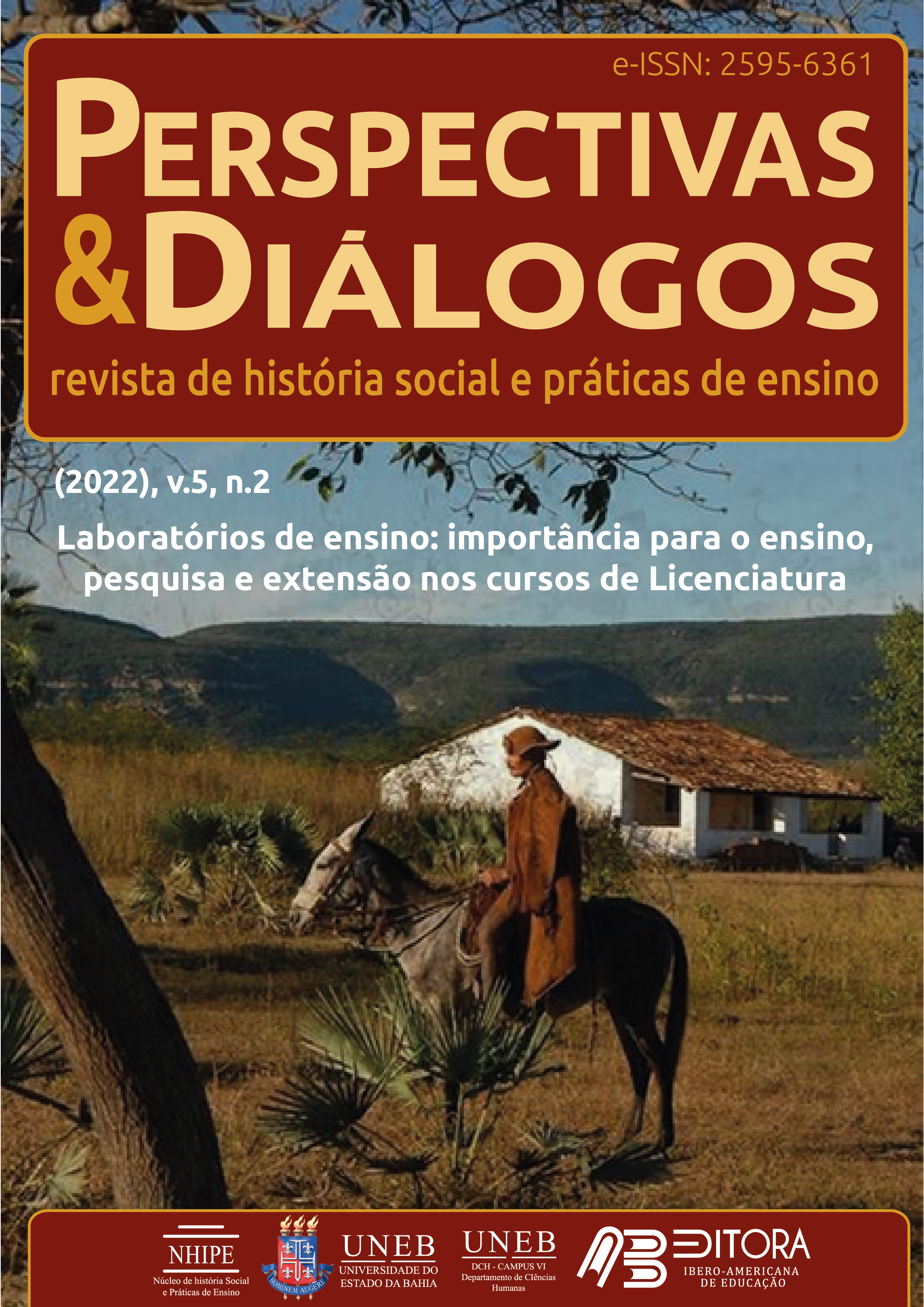A look at the 21st. Century on the Amnesty Law of august 28, 1979
Keywords:
Amnesty, Dictatorship, Brazil, Democracy, Human RightsAbstract
This study aimed to shed light on the amnesty institute, especially the amnesty of August 28, 1979. To this end, documental analysis of articles and dissertations on the object of study on screen was used as a methodological support. Every process of institutional rupture is traumatic, especially if it is capable of producing forgiveness and forgetting the atrocities resulting from this process. Brazil, unfortunately, has a tradition of rupture processes since forever, but in the case of the 1979 amnesty, its effects would affect, on the one hand, those – opponents of the military-authoritarian regime – who, according to the government at the time, had committed crimes against security. national, and on the other side, those – government agents and their supporters – who had committed crimes against human rights. It remains clear that these two types of crimes are not equivalent, nor can a fair comparison be made between the offensive potential of the first group against the second, but there is no doubt as to the superiority of the second group over the first in several aspects. Therefore, from the study carried out, it is evident that the 1979 amnesty was broad and unrestricted in order to reach “those” who brutally attacked the human rights of several Brazilians. Of the dictatorships that took place in Latin America, the Brazilian one was certainly the one that produced the worst horrors that a State could perpetrate against its own people, especially against the opponents of the regime of exception, that is, such horrors were forged from a false equivalence between the antagonistic groups of the time. Possibly, because of this amnesty, several murderers and torturers linked directly and indirectly to the civic-military government were pardoned for crimes against humanity. The fact that Brazil has not cleared up all these absurdities that were committed by the operators and thinkers of the dictatorship, has the current consequence, a country with a “wound” still open, part of it necrotic, and the other part bleeding, waiting for justice and accountability. In this way, it seems that the 1979 amnesty served much more to legitimize the executioners' impunity than to promote peace and justice to the victims of the violence of the years of lead.
Downloads
References
BECCARIA, Cesare Bonesana. Dos delitos e das penas. Trad. de A. C. Campanha. São Paulo: Bushatsky, 1978.
BRASIL. Lei n◦ 6.683 de 1979. Concede anistia e dá outras providências. Disponível em: <https://www.planalto.gov.br/ccivil_03/leis/l6683.htm#:~:text=1%C2%BA%20%C3%89%20concedida%20anistia%20a,de%20funda%C3%A7%C3%B5es%20vinculadas%20ao%20poder>. Acesso em: 10 jul. 2022.
CÂMARA DOS DEPUTADOS. Anistia: legislação brasileira 1822/1979. Brasília: Centro de Documentação e Informação, 1980. Disponível em: < https://www2.camara.leg.br/atividade-legislativa/plenario/discursos/escrevendohistoria/destaque-de-materias/lei-da-anistia>. Acesso em: 10 jul. 2022.
CARVALHO, Murilo Murça de. Governo faz sua própria anistia para o passado. O Estado de São Paulo, 9 set. 1979, p. 36.
D’ARAÚJO, Maria Celina. Militares, democracia e desenvolvimento: Brasil e América do Sul. Rio de Janeiro: FGV, 2010.
FICO, Carlos. A negociação parlamentar da anistia de 1979 e o chamado ‘perdão aos torturadores’. Disponível em:< http://www.ppghis.ifcs.ufrj.br/media/Torturadores.pdf>. Acesso em: 10 jan. 2012.
GOMÉZ, José María (org). Direitos Humanos: Justiça, Verdade e Memória. Rio de Janeiro: Lumen Juris, 2012.
HAMILTON, Alexander; MADISON, James; JAY, James. O federalista. Brasília: UnB, 1984.
LEONZO, Nanci. As conciliações da história brasileira. Época, São Paulo, n. 66, 23 ago.1999. Disponível em: <http://epoca.globo.com/edic/19990823/especialb.htm.> Acesso em 18/06/2022.
MONTESQUIEU, Charles Louis Secondat de. Do espírito das leis. São Paulo: Abril, 1973.
OST, François. O Tempo do Direito. Bauru, SP: EDUSC, 2005.
RICOEUR, Paul. O justo 1: justiça como regra moral e como instituição. São Paulo: Martins Fontes, 2008.
ROUSSEAU, Jean-Jacques. O contrato social. Trad. de Antônio de P. Machado. Rio de Janeiro: Edições de Ouro, 1971.
FOLHA DE SÃO PAULO. Satyro reclama excesso de cautela. Jornal do Brasil, Rio de Janeiro, 29 ago. 1979, p. 4.
SOARES, Gláucio Ary Dillon; D’ARAUJO, Maria Celina; CASTRO, Celso. A volta aos quartéis: a memória militar sobre a abertura. Rio de Janeiro: Relume-Dumará, 1995.
TEITEL, Ruti G. Transitional justice. New York: Oxford University Press, 2000.
Downloads
Published
How to Cite
Issue
Section
License
Copyright (c) 2023 Perspectivas e Diálogos: Revista de História Social e Práticas de Ensino

This work is licensed under a Creative Commons Attribution-NonCommercial-NoDerivatives 4.0 International License.


